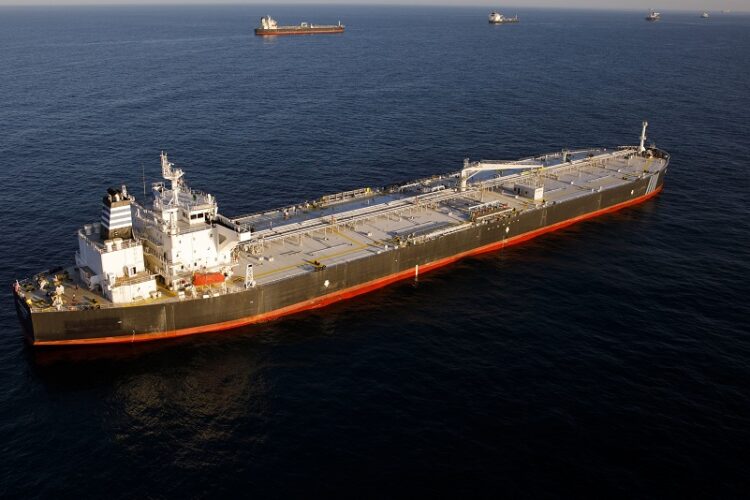It could be the oil market’s most exceedingly terrible left well enough alone: a great many barrels of Venezuelan weighty unrefined, restricted by the U.S., have been secretly going to China.
The wait-and-see games that keep away from discovery and authorizations incorporate boat to-deliver moves, shell organizations and hushed satellite signs. In any case, there’s another viewpoint to the evade. It includes “doping” the oil with synthetic added substances and changing its name in the administrative work so it tends to be sold as a completely unique rough without any its Venezuelan roots.
A few merchants will go to mask the rough’s cause and get it to Asia, making Chinese processing plants a fundamental life saver for Venezuela’s battered oil industry. U.S. authorities, obviously, can’t boycott Chinese or any worldwide organizations from purchasing Venezuelan oil.
They can monetarily crush them, however, by disallowing them from that point doing any business with American organizations. That is the reason such many-sided steps are taken to mask the cause of the unrefined.
In any case, implementation of the U.S. ban is troublesome, said Scott Modell, overseeing chief at Rapidan Energy Advisors LLC. “There are so many ways to circumvent sanctions,” he said. “There are many people willing to take the risk because there’s so much money to be made.”
Merchants Suspect Venezuela Oil in China as Bitumen Flows Soar
The archives show crudes that stacked in Venezuela, similar to one called Hamaca, are treated with compound added substances off the bank of Singapore and return available as cargoes with new names, for example, “Singma” or essentially a bitumen combination.
Swissoil Trading SA, a Geneva-based house, made the exchanges found in the archives, following up for the benefit of Mexican oil merchant Libre Abordo SA, which was authorized by the U.S. in June for purchasing Venezuelan unrefined.
A Swissoil merchant showcasing “Singma” asked a partner to disregard a standard industry practice by keeping the first stacking desk work off a big hauler.
“Putting original BL on board of a vessel is insane, do not do it,” the trader said, referring to bills of lading. “You do not understand the problem you are getting into.”
In an email reacting to questions, Swissoil’s lawyer stated, “Swissoil Trading SA is not marketing and has not marketed crude oil from Venezuela.”
In any event 11.3 million barrels of Venezuelan oil that were sold by Swissoil and conveyed to China a year ago under the pretense of different names.
Customs information propose these reports speak to a hint of something larger and that different organizations are likewise occupied with such doping and selling. China hasn’t formally imported Venezuelan unrefined since September 2019, while its buys from Malaysia which hasn’t altogether supported its hefty rough making capacities in 2020 flooded to the most elevated in information returning to 2004.
Last April, the vessel Celestial took on Venezuelan rough in a boat move off Malaysia. It cruised to a zone a couple of miles from the Singaporean coast known as Western Petroleum Bravo not a long way from Universal Studios Singapore and probably the best retreats and fairways in Asia. There it got 30 compartments of compound added substances at an expense of $233,000, all paid by Swissoil.
“Gentlemen, this is the doping fee,” a Swissoil employee said in an email exchange with Libre Abordo, the company that originally lifted the cargo in Venezuela. “I am sure we will need these guys in the future, please make sure they get paid promptly.”

Genny studied first with her father, François Félix-Miolan, an oboist, and later at the Conservatoire of Paris with Gilbert Duprez. After winning the second prize at the Conservatorie, she began touring throughout France, making her stage debut in Brest.
Disclaimer: The views, suggestions, and opinions expressed here are the sole responsibility of the experts. No Daily Michigan News journalist was involved in the writing and production of this article.
